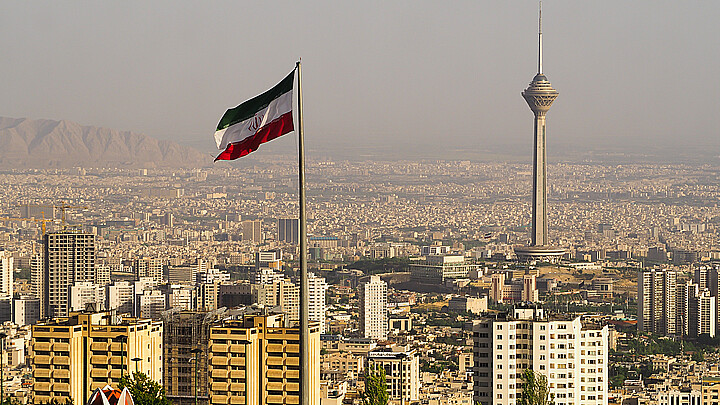Terrorism
Chilean terrorist group calls for violence against Boric's 'hippy, progressive and cool left'
The article explained that because the power structure in Chile has not changed, the CAM will continue to use force to combat “expressions of capitalism in the Wallmapu" (Mapuche territory)
December 29, 2021 2:55pm
Updated: December 30, 2021 10:10am
A radical terrorist group in Southern Chile released a blistering article rejecting the election of Gabriel Boric and calling for increased political violence as means of struggle in the already turbulent Araucania region.
In the article published on Tuesday, leadership from the Coordinadora Arauco Malleco (CAM) outlined the Mapuche guerrilla movement’s position before Boric’s new government – which it defines as “that new hippy, progressive and cool left.”
According to the terrorist group, Boric’s political aspirations were “born in the framework of the national and international inter-bourgeois relationship” and do not fit within the framework of Mapuche independence since “the Mapuche people have had their own political-military order since before the formation of the Chilean state."
The article continued to explain that because the power structure in Chile has not changed, the CAM will continue to use force to combat “expressions of capitalism in the Wallmapu" (Mapuche territory).
“We call on our rebellious Mapuche people to continue resisting and to reclaim political violence as a legitimate instrument of our struggle, against whoever is governing and whoever upholds the pattern of capitalist accumulation and its colonial scaffolding,” the article continued.
Acts of terror and violence have been long been utilized by various Mapuche terrorist groups in recent years as leaders call for the restoration of ancestral lands and self-determination.
On Oct. 12, President Sebastian Piñera declared a state of emergency and deployed troops to two southern regions where clashes broke out between Mapuche rebels and security forces.
“We have decided to call a state of exception” in four provinces of the southern regions of Bio Bio and Araucania and the deployment of troops to help control “the serious disturbance of public order,” in Southern Chile, Piñera told the press.
Shortly after Gabriel Boric was elected, a series of violent acts were reported in the so-called Mapuche conflict zone and one woman was left dead after armed insurgents shot her in the head before burning down her campsite.
The governor of Bio Bio, Rodrigo Diaz, immediately sent Boric a request, asking the president-elect to appoint an official to address the increased instability in the Araucania.
Last month, a freight train in southern Chile was derailed and some of its cargo units burned by unnamed rebels.
"There is burned machinery and locomotive cars that transported cellulose from Valdivia to the Concepcion area," Victor Manoli, presidential delegate to the area, told reporters.
"We must recognize that what we are experiencing today are acts of terrorism," he added.
After Boric bested Jose Antonio Kast in the second electoral round earlier this month, he addressed a crowd in downtown Santiago in the Mapuche language.
“We are a generation that emerged in public life demanding our rights be respected as rights and not treated like consumer goods or a business,” he said. “We know there continues to be justice for the rich ... and we no longer will permit that the poor keep paying the price of Chile’s inequality.”







